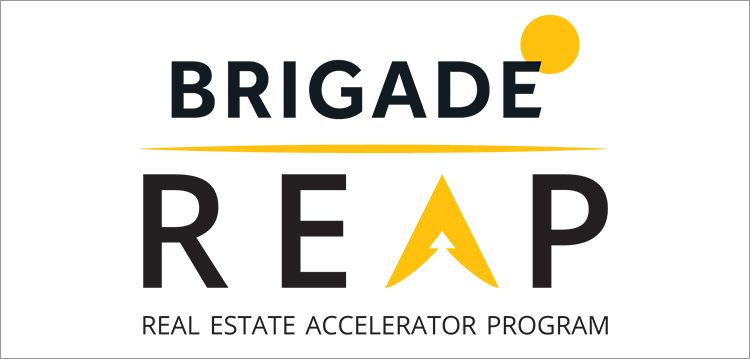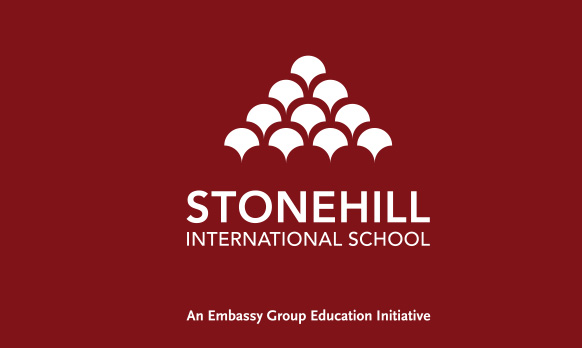Creativity and innovation go hand-in-hand with learning at Stonehill International School [SIS]. At Stonehill, they believe in providing newer and enhanced opportunities to their students to be able to integrate technology and innovation with academics, to foster holistic development of each student.

Stonehill hosted its first inter-school Hackathon. A ‘Hackathon’ or a ‘Codeathon’ is an event where teams of developers get together to come up with solutions to problems. These solutions include, but are not limited to, robots, machine learning algorithms, mobile and web applications and websites. For the most part, there is only one constraint – time.
Participants of the Stonehill Hackathon included students from six international schools in Bangalore. The participating school included Bangalore international School [BIS], The International School, Bangalore [TISB], Inventure Academy, Neev Academy, Oakridge International School and Indus International School. Twenty-one Secondary School students from SIS also participated in the event. All participants were grouped into teams, with each team comprising of a minimum of two and a maximum of five students.
The participants coded and created solutions to a variety of different challenges ranging from medical technology to natural language interfaces. The participants had six hours to create solutions by using any programming language of their choice.
The enthusiasm of the students was palpable while students worked on software and hardware based projects. Students worked on a number of projects like an artificial intelligence based facial recognition system, neural networking, computer games using Python, database projects, messaging applications, Arduino/Raspberry Pi and Lego Mindstorms, to name few.
At the end of their allotted six hours, the teams had to present their projects to our panel of judges and the rest of the Hackathon participants. The distinguished panel of judges comprised Mr. Dale Vaz of Amazon India and Mr. Nasser Ebrahim from IBM. Mr. Vaz is Head of Engineering and Chief Technology Officer at Amazon India and Mr. Ebrahim is Senior Technical Mentor in the IBM India Software Lab Machine Learning Hub.
The first prize was won by Team Robomatrix from Indus International School who made a robot meant to carry medicine to a destination. The team was awarded prize money of INR 15, 000/-
The second prize went to Team ETWAS of Oakridge International School that made a home automation system using an artificial intelligence based facial recognition. The team won prize money of INR 10, 000/-
Neev Designers of Neev Academy walked away with the third prize. The team designed a prosthetic arm using Lego EV3 and they won prize money of INR 5000/- The event was an immense success and Stonehill plans to make this an annual event.









